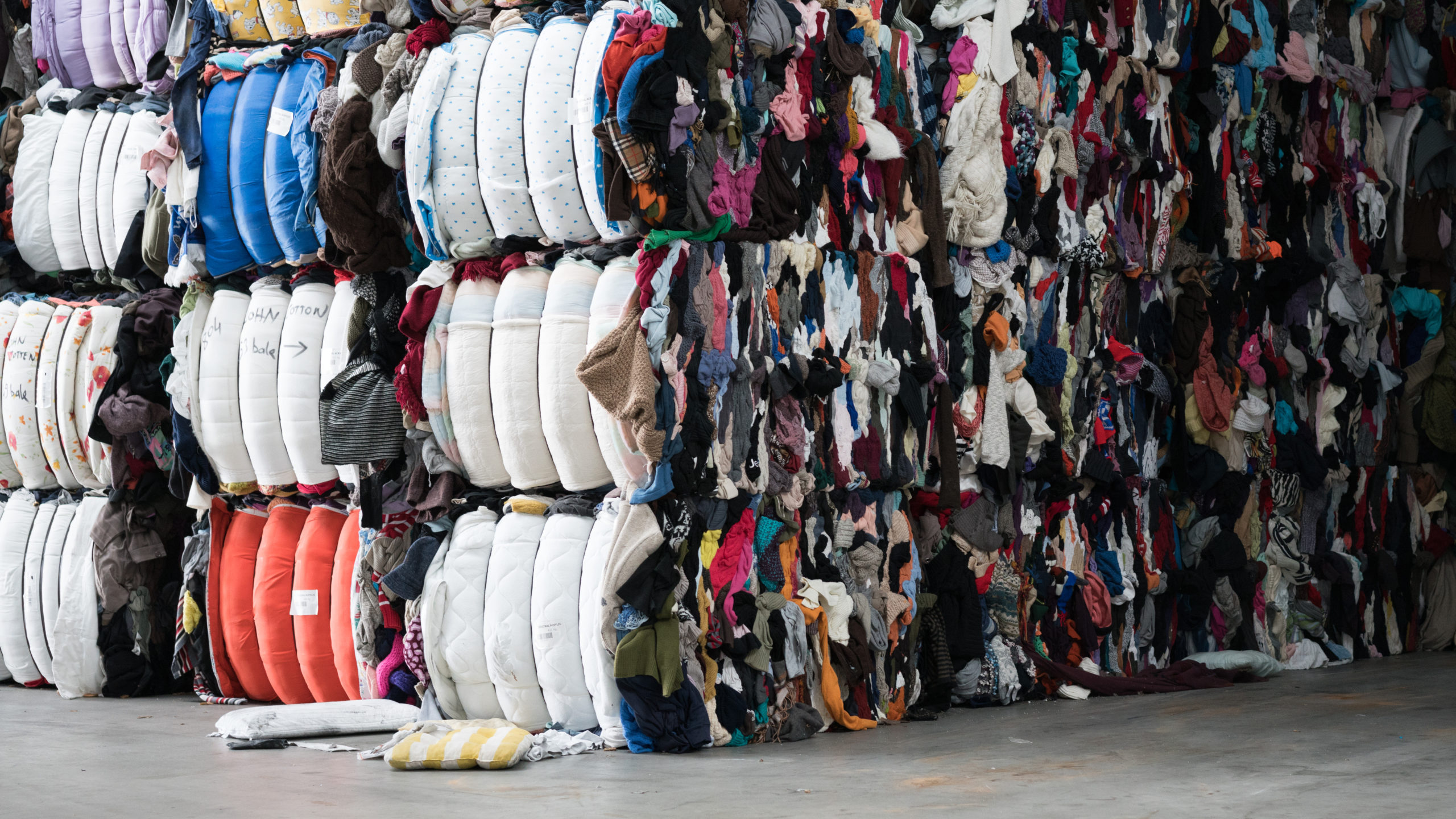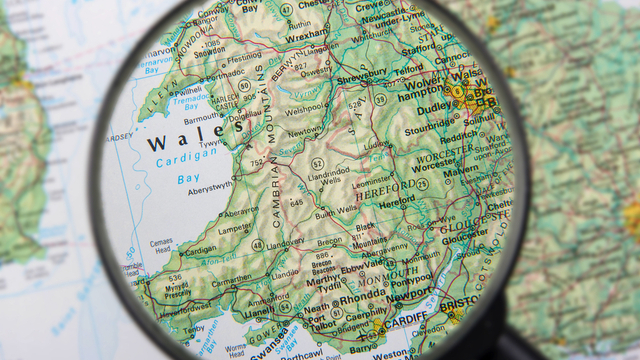Non-domestic premises include businesses, charities and public sector bodies.
The recyclable materials covered by the proposals are: glass; paper and card; metal and plastic; food waste from premises producing 5kg or more per week; small waste electrical and electronic equipment (WEEE); and textiles.
It is proposed that cartons and similar packaging are placed in the metals and plastics material stream.
The Welsh Government has also proposed a ban on sending unsold small WEEE and textiles from non-domestic and domestic premises to incineration or landfill, alongside a ban on sending all wood waste from non-domestic and domestic premises to landfill.
And, the Welsh Government has proposed a ban on the disposal of food waste to sewer from non-domestic premises.
Civil sanctions will apply for criminal offences associated with these requirements.
Yesterday (22 November), the Welsh Government launched a consultation on the proposals which lasts until 15 February.
The Welsh Government intends to lay legislation to bring the regulations into effect from October 2023. This date may change depending on the outcome of the consultation and “required legislative processes”.
‘Significant positive benefits’
The Welsh Government said the reforms would help the move away from single use, decrease emissions and improve supply chain resilience.

For individual businesses and organisations, the Welsh Government said, the reforms will support the move away from waste disposal being a significant cost to a situation where waste material is instead captured “effectively” and returned to the economy.
Julie James, Wales’s minister for climate change, said: “These proposals will deliver significant carbon savings, increase consistency in the way recyclable materials are collected across Wales and bring significant positive benefits for the economy.
“During this cost of living crisis especially, ensuring high quality material can go back into the Welsh economy is a key way in which we can improve the resilience of our domestic supply chains.
“Quite simply, these reforms are a key part of how we can build a stronger, greener economy – creating a more prosperous Wales, now and for future generations.”
Small WEEE and textiles
The Welsh Government says it has heard concerns about the “feasibility and effectiveness” of requiring the separate presentation and collection of small WEEE and textiles from the outset of the regulations coming into force.

The kerbside collection of small WEEE and textiles is “not yet widely established”, the Welsh Government says.
On small WEEE, the Welsh Government says there is a risk of “locking-in” poor quality recycling of non-domestic small electronic goods to the detriment of achieving greater rates of re-use and repair.
In relation to textiles, the UK reprocessing market is still “relatively immature with a high reliance on exports, incineration and landfill”, the Welsh Government says. It claims there is a lack of capacity to reprocess textiles in the UK, meaning a requirement to separate waste textiles from all non-domestic premises on day one of the regulations coming into force could lead to an increase in exports or waste crime.
As such, the Welsh Government intends to phase in separation and collection requirements for small WEEE and textiles from non-domestic premises by up to two and three years respectively.
Separately collected unsold small WEEE and textiles are excluded and will still be banned from going to incineration and landfill immediately when the regulations come into force.
Hospitals
Hospitals will have an additional two years to comply following the date the regulations come into force, “to reflect the additional complexity of bringing the regulations into force in wards and operating theatres.”
The ban on sending food waste to sewer will apply to hospitals from day one of the regulations coming into force.
Reforms
The Welsh Government says the reforms have previously been consulted upon twice, firstly as part of the consultation on the Environment Bill between October 2013 and January 2014 and subsequently on the preferred policy option between 23 September and 13 December 2019 (see letsrecycle.com story).
According to a consultation document from 2019, the proposals are expected to cost around £1.7 million over 10 years.
The reforms will increase the quantity of recycling from non-domestic premises and are estimated to result in an additional 3.8 million tonnes of recyclate over a 10-year period, the Welsh Government says.
It added that the reforms will create overall savings to the Welsh economy modelled to be at a net present value of £452.5 million and cut 3.2 million tonnes of emissions CO2 equivalents over 10 years.
And, the reforms will create opportunities for jobs in the waste management sector and greater security of the supply of resources to the manufacturing sector, the Welsh Government says.
Related link
Proposals for enforcing business, public and third sector recycling regulations in Wales












Subscribe for free